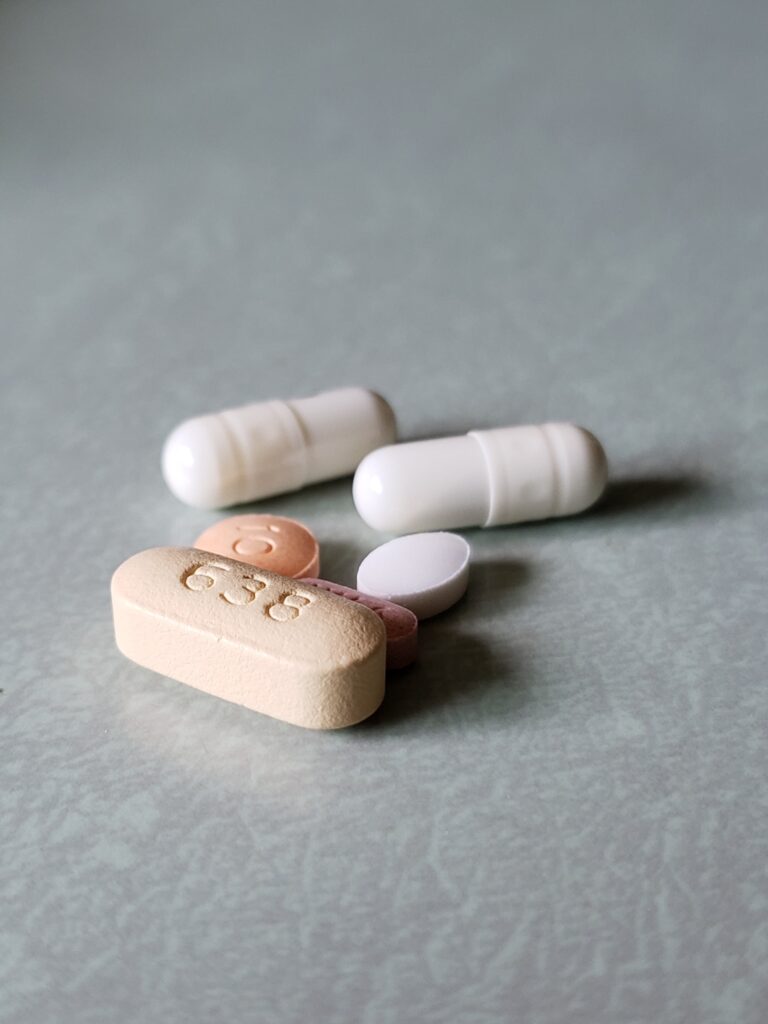As women approach menopause, they may experience a variety of symptoms, such as hot flashes, insomnia, and mood changes. While several treatment options are available, some women are turning to probiotics as a natural way to manage these symptoms. But are probiotics effective for menopause, and are there any considerations to keep in mind?
What are Probiotics?
Probiotics are live microorganisms similar to the beneficial bacteria that naturally occur in the human body. They are often referred to as “good” or “helpful” bacteria because they help keep the gut healthy by balancing the microflora in the digestive tract. Probiotics are found in fermented foods like yogurt and sauerkraut and can also be taken in supplement form.
Potential Benefits of Probiotics for Menopause
Some evidence suggests that probiotics may be beneficial for menopausal women in several ways.
Hormonal Balance: Probiotics have been shown to influence the body’s production and balance of hormones, which may help alleviate some menopausal symptoms such as hot flashes and mood changes.
Bone Health: Osteoporosis, or the loss of bone density, is a common concern for postmenopausal women. Some studies have found that probiotics may help improve bone density and reduce the risk of fractures.
Weight Management: Weight gain is a common concern during menopause, and probiotics have been shown to help regulate weight and body composition
There is some evidence to suggest that probiotics may help manage menopausal symptoms. For example, a review of 12 studies found that probiotics may reduce the frequency and severity of hot flashes in menopausal women. Probiotics may also help with other menopausal symptoms, such as sleep disturbances and mood changes, although more research is needed in these areas.
In addition to their potential effects on menopausal symptoms, probiotics may also have other health benefits. They may help with digestion, boost the immune system, and even improve mental health.
Considerations for Taking Probiotics
While probiotics may have some potential benefits for menopause, it’s important to remember that they are not a replacement for traditional medical treatment. If you are experiencing menopausal symptoms, you must talk to your doctor about the best treatment options.
It’s also important to know that not all probiotics are created equal. Different probiotic strains can have different effects, and the optimal dosage and duration of treatment can vary. It’s important to choose a high-quality probiotic supplement (for example, buy menopause supplements uk) and follow the recommended dosage instructions.
Probiotics may be a helpful addition to a menopause management plan, but more research is needed to fully understand their effectiveness and optimal use. As with any supplement, it’s important to talk to your doctor before starting probiotics, especially if you are pregnant, nursing, or have a compromised immune system.

